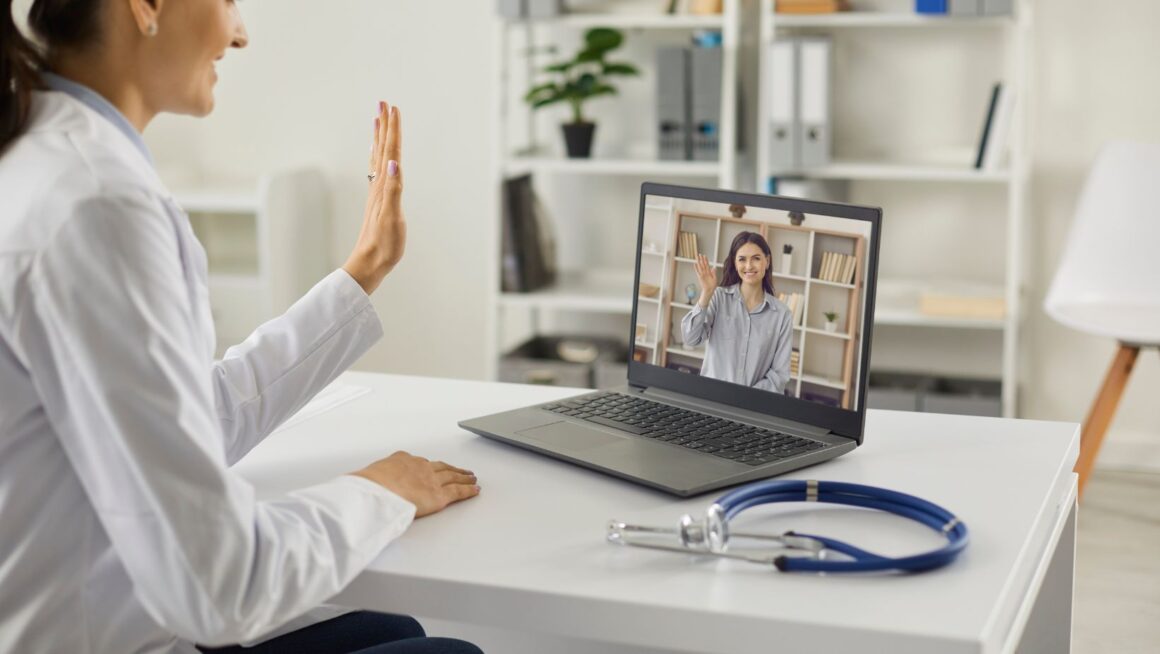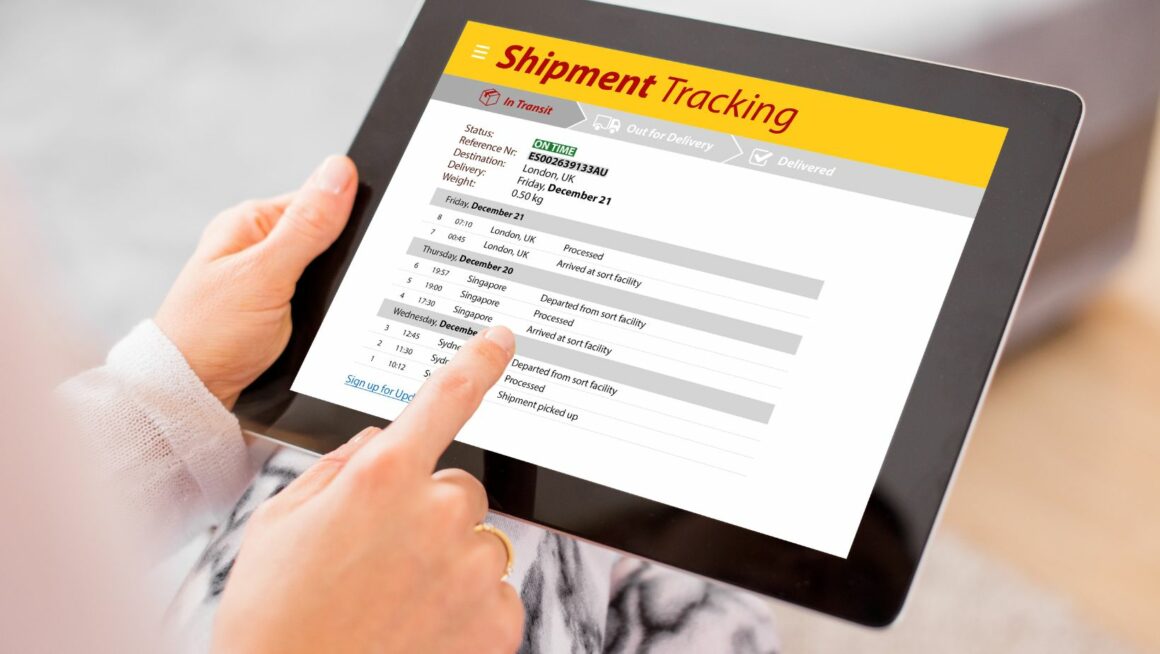Decentralized clinical trials (DCTs) are revolutionizing the landscape of medical research by shifting many traditional, in-person activities to remote or virtual environments. This approach allows participants to engage in clinical studies from their own homes or local healthcare facilities, reducing the need for frequent clinic visits. One of the key enablers of decentralized trials is the integration of remote patient monitoring, which offers the ability to collect real-time data and track participants’ health remotely. While DCTs offer numerous advantages, they also pose several challenges, particularly in terms of data quality, privacy, and patient engagement.
The Opportunities of Remote Patient Monitoring
Remote patient monitoring (RPM) in decentralized clinical trials offers a host of opportunities to both researchers and participants. One of the most significant advantages is improved accessibility. Traditional clinical trials often require participants to travel to a research site regularly, which can be burdensome, especially for those with mobility issues or those living in remote areas. By allowing patients to participate from home, RPM broadens the pool of eligible participants, potentially increasing diversity in trials and enhancing the representativeness of the data collected.
Additionally, RPM enables real-time data collection, which can provide a more accurate picture of a patient’s health. Instead of relying on periodic clinic visits and patient self-reports, researchers can use wearable devices, mobile apps, and other digital tools to continuously monitor vital signs, medication adherence, and other health metrics. This continuous flow of information allows for more timely interventions if a patient’s condition worsens, improving both patient safety and the quality of the data collected.
Another advantage is the potential for cost savings. Decentralized trials can reduce overhead expenses by eliminating the need for physical research sites and reducing staff requirements for in-person monitoring. The flexibility of this model may also speed up trial timelines, as remote monitoring can allow researchers to gather large volumes of patient data more efficiently.
The Challenges of Remote Patient Monitoring
Despite the many benefits, decentralized clinical trials and remote patient monitoring present several challenges. One of the primary concerns is the accuracy and reliability of the data collected. While wearable devices and mobile apps are effective tools for gathering health information, their accuracy can vary. Technical issues, such as device malfunctions or improper usage by participants, can result in incomplete or inaccurate data, potentially compromising the integrity of the study. Ensuring that patients understand how to properly use these devices and keeping them engaged throughout the trial is essential to mitigating these risks.

Data privacy is another significant challenge. Remote monitoring often involves the collection of sensitive health information, and ensuring that this data is securely transmitted and stored is crucial. Researchers must comply with data protection regulations such as the Health Insurance Portability and Accountability Act (HIPAA) in the U.S. or the General Data Protection Regulation (GDPR) in Europe. Participants must be assured that their privacy is protected, which can affect their willingness to engage fully in remote monitoring activities.
Another challenge is the digital divide. While RPM technologies can improve access to trials for many patients, those who lack reliable internet access or who are not tech-savvy may face barriers to participation. Researchers must consider how to provide equitable access to decentralized trials and ensure that participants have the necessary tools and support to engage in remote monitoring effectively.
The Future of Decentralized Trials
Decentralized trials are a promising model for the future of clinical research, but they require careful planning and execution to be successful.

The use of patient data for trials and studies collected through RPM offers a wealth of opportunities for more efficient, patient-centered research. However, addressing the challenges related to data accuracy, privacy, and accessibility is essential to unlocking the full potential of this approach.
In the future, innovations in digital health technologies and improved regulatory frameworks may help overcome these obstacles, making decentralized trials an integral part of clinical research. As the field continues to evolve, a focus on patient engagement, education, and support will be critical in ensuring that decentralized trials reach their full potential. With the right balance of opportunity and risk management, DCTs and RPM could play a pivotal role in transforming the clinical trial process for both researchers and participants alike.




